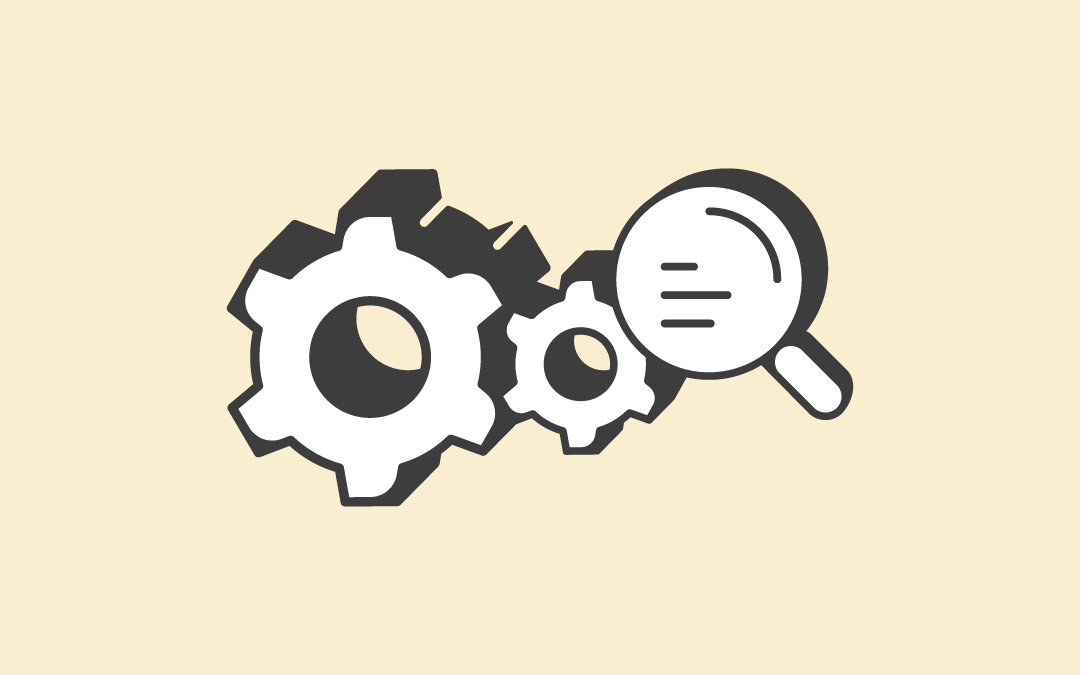Technical SEO- Until it isn't, technical SEOis the most significant aspect of SEO.
Pages must be crawlable and indexable in order to rank, but many additional actions have less influence when compared to contentand connections.
Search engines prioritize websites that have particular technical features, such as a secure connection, a responsive design, or a quick loading time, in search results, and technical SEOis the work you need to perform to guarantee your website has these.
In this post, we'll go through the fundamentals of technical SEO.
Now, explaining the fundamentals of technical SEO may appear to be a contradiction in terms.
Nonetheless, a rudimentary understanding of the more technical aspects of SEO might be the difference between a high-ranking site and one that does not rank at all.
Technical SEO isn't straightforward, but we'll explain - in layman's terms – the factors you should (ask your developer to) pay attention to when working on your website's technical basis.
What Is Technical SEO?
The strategies involved in designing and optimizing a website so that search engines can easily crawl, index, and render it is referred to as technical search engine optimization(SEO). Technical SEO is only one component of the whole SEO jigsaw.
Most marketers and company owners use technical SEO to improve their website's chances of ranking high on search engineresults pages (SERPs).
Technical SEO is the process of upgrading a website's technical elements in order to improve the ranking of its pages in search engines.
The cornerstones of technical optimization include making a website quicker, easier to crawl, and intelligible to search engines.
Technical SEO is a subset of on-page SEO, which focuses on upgrading parts of your website in order to get higher ranks.
It’s the opposite of off-page SEO, which is about generating exposure for a website through other channels.
Why Is Technical SEO Important?
You may have the finest site in the world with the best content.
But what if your technical SEO is a mess?
Then you will not be ranked.
On your website, you might be creating the world's most engaging, insightful content – the type of material that instantly transforms casual users into consumers.
However, if search engines are unable to effectively navigate and index your website, your efforts will be futile. That is why technical SEO is essential.
Google and other search engines must be able to identify, crawl, render, and index the pages on your website at the most basic level.
Search engines must be able to discover, crawl, render, and index your website's pages.
But it is only the tip of the iceberg.
Even if Google indexes all of your site's content, your work isn't done.
That's because, in order for your site to be properly optimized for technical SEO, your site's pages must be safe, mobile optimized, devoid of duplicate content, fast-loading... and a thousand other factors.
That is not to argue that your technical SEO must be flawless in order to rank. No, it does not.
However, the easier you make it for Google to access your material, the greater your chances of ranking.
Why Should You Optimize Your Site Technically?
Google and other search engines seek to provide the best results for their consumers' queries.
As a result, Google's robots explore and assess web sites based on a variety of criteria.
Some elements, such as how quickly a website loads, are based on the user's experience.
Other elements aid search engine robots in understanding what your pages are about.
Structured data, for example, does this.
As a result, by increasing technical characteristics, you assist search engines in crawling and understanding your site.
If you perform well in this area, you may be rewarded with higher ranks or even lucrative outcomes.
It also works the other way around: major technological errors on your site might cost you.
You wouldn't be the first to prevent search engines from scanning your site totally by inadvertently included a trailing slash in the wrong location in your robots.txt file.
However, it is a common myth that you should focus on the technical aspects of a website in order to impress search engines.
In the first place, a website should operate properly for your users — it should be speedy, clear, and simple to use.
Fortunately, laying a solid technological basis typically corresponds with a better user and search engine experience.
Make Sure Your Content Is Visible
Although content is not a "technical" SEO ranking component, it is a ranking factor.
As a result, it's a good idea to make it apparent to search engines. This makes it an excellent starting point for your technical SEO site evaluation.
Examine your website's homepage, category pages, and product pages to ensure that your material is visible not just to humans but also to Googlebot (some CMSs handle these pages differently so your checklist should include each kind).
On general, if your site renders normally, you shouldn't be concerned - especially if your content appears well in Chrome.
To render websites, Googlebot use a modified version of the Chrome browser engine.
People Also Ask
What Is An Example Of Technical SEO?
Building structured data is an example of technical SEO.
We'll go into more depth later, but structured data is the act of defining your website in a language that search engines can understand.
Schema markupis the most well-known sort of structured data language.
The majority of major search engines rely on a defined framework for website construction.
This structure must be organized in order for search engines to provide the most relevant and detailed results to users.
As a result, structured data is a good example of technical SEO.
Creating an XML sitemap for your website is another example of technical SEO.
The first essential step in developing a technical SEO plan is properly configuring your website so that each page performs properly.
This file is crawled by Google (and other search engines) to better understand your site.
What Is A Technical SEO Audit?
A technical SEO audit is a procedure that examines various technical aspects of a website to ensure that they adhere to search optimization best practices.
This refers to technical aspects of your website that are directly related to search engine ranking elements such as Google or Bing.
The audit checklist may be completed using a basic Excel file.
Many "technical" SEO aspects include HTML elements, appropriate meta tags, website code, JavaScript, and appropriate website extensions.
It is not required to examine every aspect of an SEO strategyfor a technical SEO checklist.
There are several SEO aspects to consider, including material for on-page SEO best practices, keyword strategy, content, and more.
What Is Technical SEO And On Page SEO?
According to Neil Patel, technical SEO refers to any SEO effort performed outside of the content itself.
Meanwhile, on-page SEO refers to anything you can do on your website/content, but off-page SEO refers to everything else.
Every kind is significant, but if you want to improve your SEO gradually, we recommend starting with On-Page SEO, then moving on to its Technical component, and ultimately refining the Off-Page element.
Conclusion
Technical SEO isn't something you can learn in a day or two; it takes time, effort, and trial and error.
In a word, this is technical SEO. It's a lot already, and we've just scratched the surface. There's so much more to say about SEO's technical side.
Technical SEO, on-page SEO, and off-page SEO all work together to bring in organic visitors.
While on-page and off-page strategies are frequently used initially, technical SEO is crucial in bringing your site to the top of search results and your content in front of your target audience.
Use these technical SEO methods to fill out your SEO plan and watch the results come to life.


